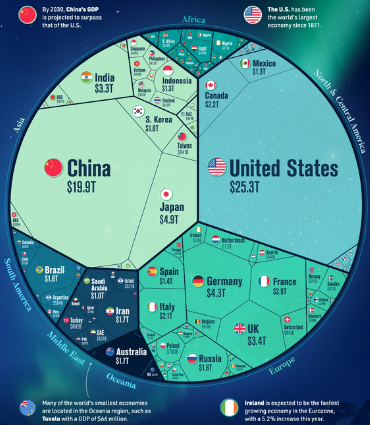| Once upon a time, there was a seductive story about twin revolutions, a political one in France and an industrial one in Britain, that supposedly ushered in our modern world. This narrative never sat well with empirical realities, yet it lives on in textbooks. What might be a more persuasive framework for a global history of the modern era? What are the implications for research and the teaching of history? |
ABOUT THE SPEAKER
Stephen Kotkin is the John P. Birkelund Professor of History and International Affairs in what used to be called the Woodrow Wilson School and in the History Department of Princeton University, as well as a Senior Fellow (adjunct) at the Hoover Institution at Stanford University. He directs the Princeton Institute for International and Regional Studies and co-directs its program in History and the Practice of Diplomacy, which he founded. He also founded Princeton’s Global History Initiative. His scholarship encompasses geopolitics and authoritarian regimes in history and in the present.
https://youtu.be/E7ZtsajvV98
- Hits: 2259



 Liberal democracies face multiple external challenges from autocracies across the world, as well as internal challenges from populist politicians, nativism, and the normalization of incivility in media and political discourses. Character assassination (CA) often accompanies these political and social conflicts, especially when unresolved ideological and moral issues are involved. Social conflicts become aggravated when moral issues intermix with political and economic factors. Factions then resort to persuasive attacks on character to delegitimize and disempower their opponents. This increased polarization and aggressiveness of elite rhetoric likely foster voters’ cynicism and discontent with politics as usual. The increasing gap between liberal elites and the disgruntled electorate, in turn, likely provides even more fertile ground for intra-elite conflict and paves the way for illiberal conceptions of the democratic order.
Liberal democracies face multiple external challenges from autocracies across the world, as well as internal challenges from populist politicians, nativism, and the normalization of incivility in media and political discourses. Character assassination (CA) often accompanies these political and social conflicts, especially when unresolved ideological and moral issues are involved. Social conflicts become aggravated when moral issues intermix with political and economic factors. Factions then resort to persuasive attacks on character to delegitimize and disempower their opponents. This increased polarization and aggressiveness of elite rhetoric likely foster voters’ cynicism and discontent with politics as usual. The increasing gap between liberal elites and the disgruntled electorate, in turn, likely provides even more fertile ground for intra-elite conflict and paves the way for illiberal conceptions of the democratic order.